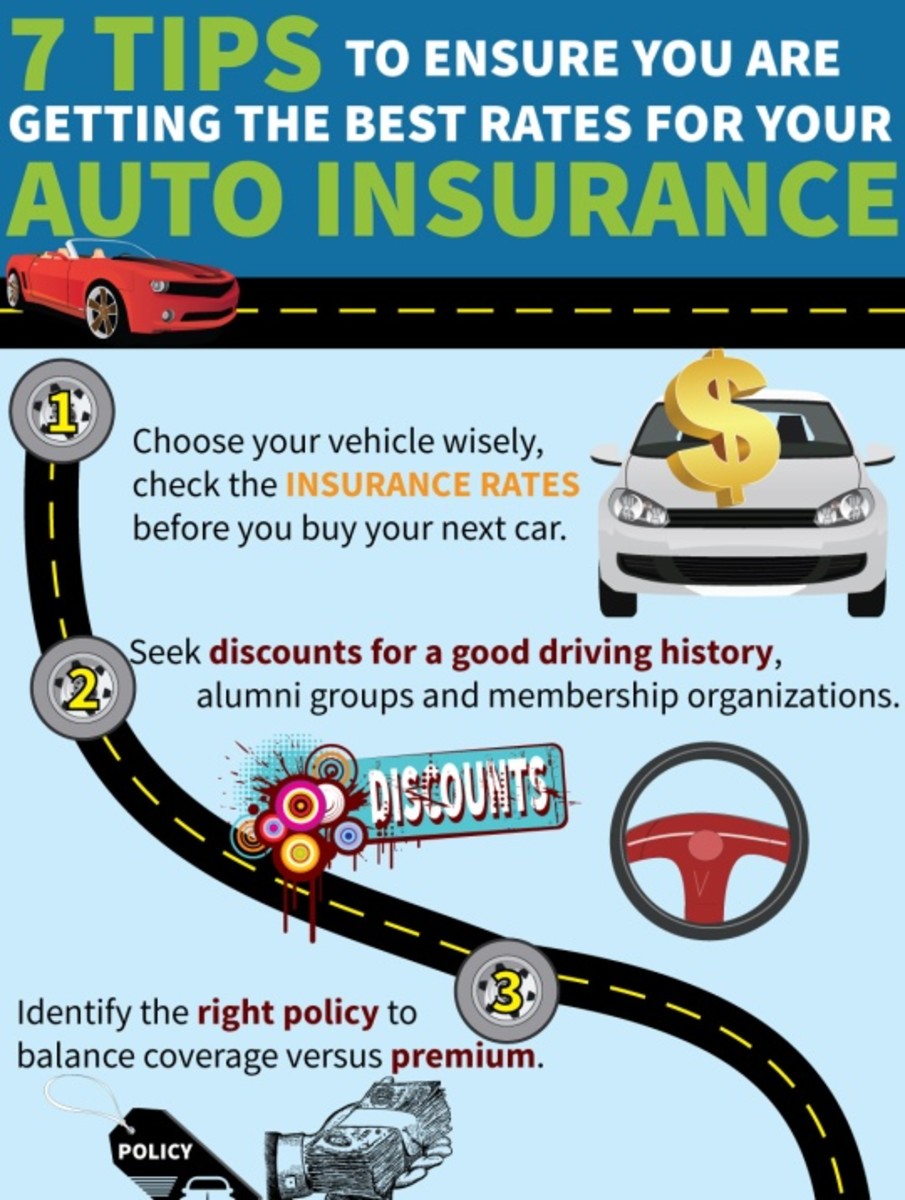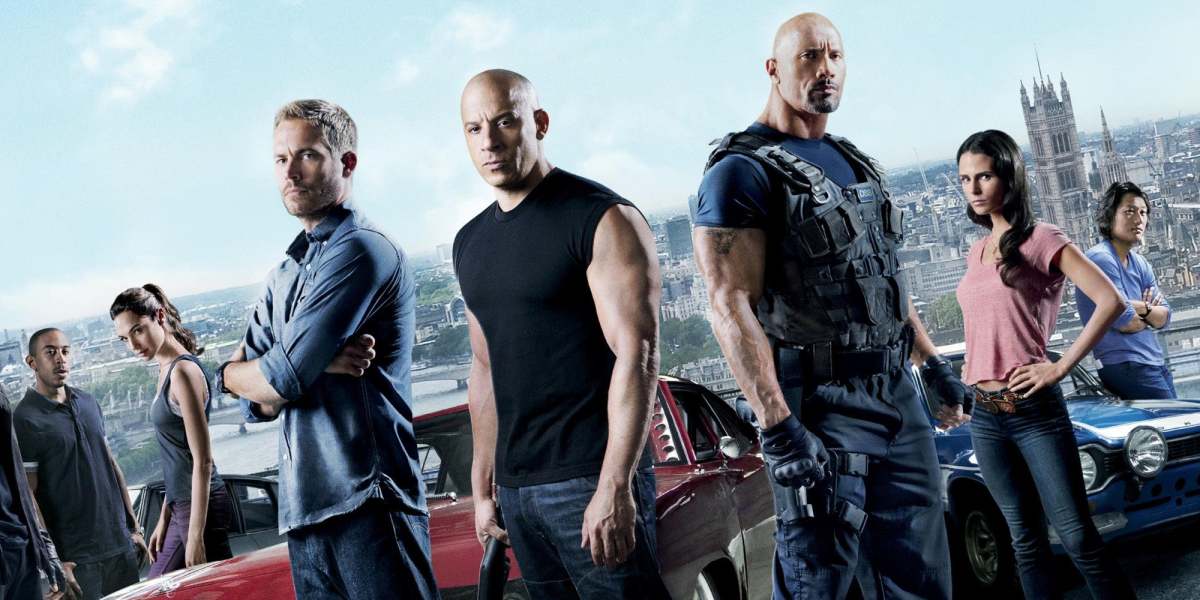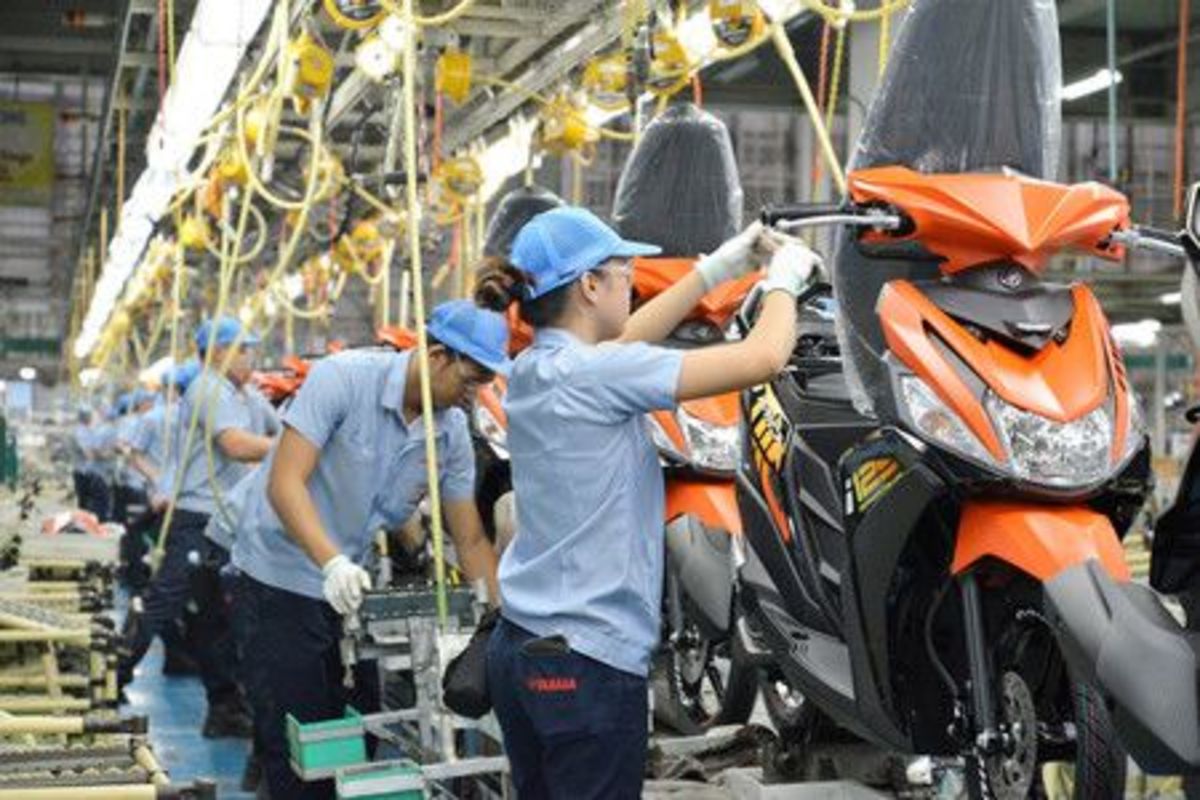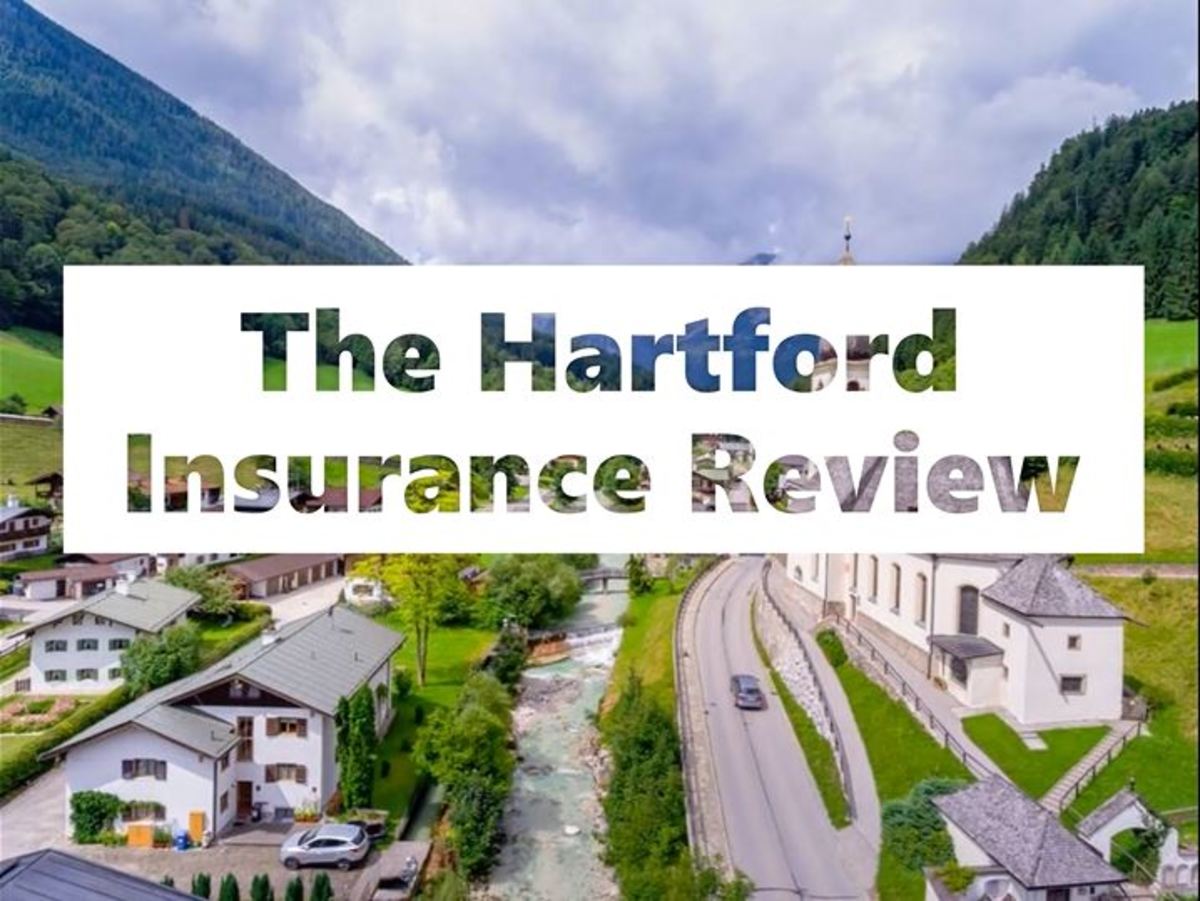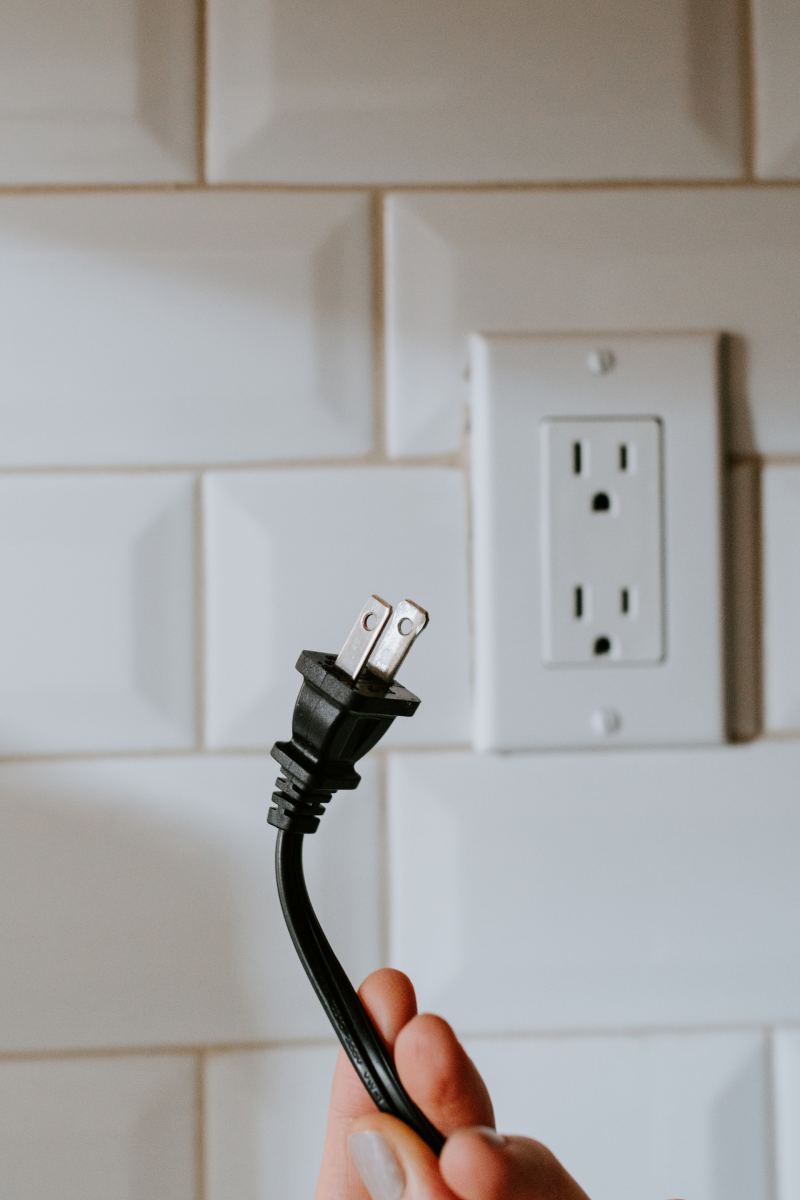Tips on How to get your Auto insurance claim paid
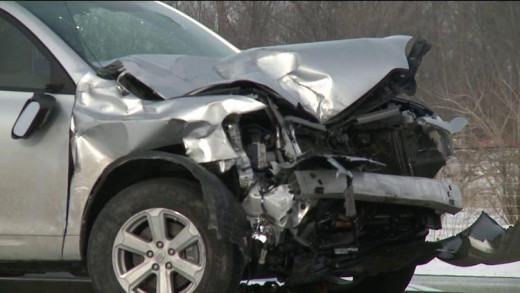
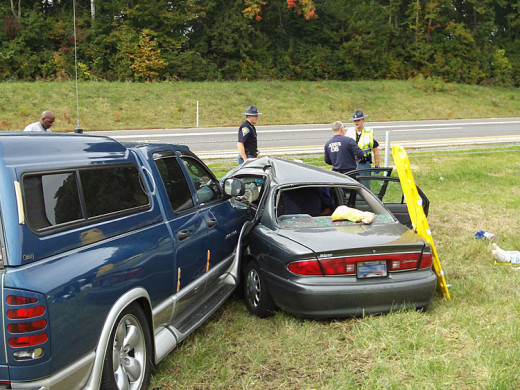
The Accident Happened. Now What?
It is a beautiful day. The sun is up and you are driving with the radio on. The windows are down and the cool breeze is invigorating. Traffic up ahead stops for a red light. You slow to stop and notice to your right is a driveway to a parking structure with a truck slowly moving toward you. Surely the driver must see your car! No! There is no where for you to go, you are trapped. Cars to your left are stopped, you cannot swerve over in that lane. Cars ahead of you are stopped....suddenly BAM!!
You do what any responsible driver would do, you move your car out of the lane of traffic and park. Surveying the damages, it appears minor although "minor" damages these days can mean $1,000 or more. The other driver parks her truck and gets out. You both look at the damages, which are all to your small car, the other car has no damages but it is a lot older than your car and has many dings and dents.
You do what the Department of Motor Vehicles instructs, which is: call the police to report the accident, exchange information with the other driver and move your car if it is driveable or call for a tow truck.
The police may or may not arrive. In major cities, if no one is injured the police merely advise each party to exchange information and if the cars are undriveable, to call a tow service.
Based on the above scenario one would think that would be the end of your bad day. The other driver was clearly at fault all that is left is for her insurance company to pay for your damages. At least that is what one would think but not always the case.
Your bad day is about to turn into your bad week, month, year--depending on which insurance company you have to deal with. Believe it or not, they are not always your "good neighbor" nor are you in "good hands" and mayhem may very well turn out to be your definition of how your claim was handled!
I know all about car accidents and the aftermath. I know how insurance companies work and how their corporate minds work. For the last 25 plus years, I have worked in various levels of an insurance claims department. I have since moved upward from the every day run of the mill car accidents, but still maintain knowledge of what happens after you get drilled by some inattentive driver. Sad fact is: you get another drilling, one more painful than the first.
The accident description I gave you is actually an accident I was involved in. My car was on the street stopped for traffic ahead, when the driver of the truck came out of the parking lot drive and ran right into my car! The accident was reported to her insurance company the one that is like my "good neighbor". No one from her insurance company ever contacted me to discuss the accident. No one from her insurance company ever inspected the damages to my car. All I received was a letter 15 days post accident from the other driver's insurance adjuster stating "Based on our investigation, we do not find any negligence on the part of our insured for this accident. We are denying your claim in its entirety." EXCUSE ME?
This seems to be the sad state of affairs with insurance companies these days. First off they do not train anyone, anymore. Most claims persons are untrained. They do not have any idea about the motor vehicle code for the states where they adjust claims; and secondly, even if they have the training they have no common sense. Their incompetence pushes claimants into retaining attorneys and making a minor claim a big claim, thus causing all of us consumers to pay more in insurance premiums. Thirdly, upper management at some companies-also untrained-have taken a hard line approach thinking for every 10 denial of claims, only a few claimants will come back to them to dispute the denial or retain counsel. This practice of handling claims is totally in bad faith-especially when the claim is so clearly adverse liability for their insured.
I fall into the category of the claimant that came back to dispute the denial I received. I was successful in getting my claim 100% paid. A few things I did at the scene of the accident secured the documentation I needed to fight the other driver's insurance company in case they denied my claim--which they ended up doing. This information of course applies to minor accidents, not ones in which one of the parties is injured. This is for the minor fender bender where it trying to document as much of the accident right at the scene will be beneficial in the long run when months later you are arguing you are not at fault with the other guy's insurance adjuster. Frequently small accidents have no witnesses or police reports to back up either side.
Assuming you can gather your wits about you after the accident, if you can do the following, you will insure your chances of getting your claim paid:
- Photograph where each car is after the accident. Try to get a picture of both your car and the other car which will give others viewing your evidence a perspective of where each car was after impact. A close up of your damaged bumper will not support your version of the accident. I think every cell phone is now equipped with a camera but if yours does not have a camera, try to keep a cheap disposable camera in your car. Take a lot of photos as safely as you can. Do not put your life in danger, however, if you cannot photo the cars safely. In my career, I have seen a minor car accident turn into a fatality because one of the drivers was standing in the middle of the freeway and was struck by on coming traffic, which leads me to my next advice.....
- As soon as you have the photos of each car's position after the accident, move them! Do not leave them in the middle of the road. This is a familiar mis-belief people seem to have, they seem to think the cars must stay where they ended up after the accident until the police arrive. This is not safe and creates not only a safety hazard but traffic jams. Move your car to the safest spot. Do not and I repeat DO NOT get our of your cars and stand in the middle of the road and especially do not stand in between the cars. I once investigated an accident where a man was standing between the two cars involved in the accident and a third car came by and rear ended the cars trapping the man in between the cars. He had both his legs amputated. The original cost of damages to his car was $200.00--not worth losing both your legs. Move your car to a safe area.
- Call the police. Even if no one is injured, insist as much as you can that an officer come to the scene. In my case an officer did come and took a Property Damage Only report with a diagram clearly showing the other car exiting the parking lot right into the side of my car. Having the police report was valuable in proving the other driver's fault as her insurance adjuster never bothered to order the report, he merely took his insured's word for what happened, which leads me to the next advisory.
- Try to get the other driver to give you a brief written statement about what happened. Human nature being what it is, people frequently change their minds about what happened or what they admitted to at the scene of an accident. In my accident, the other driver did not change her story but her insurance adjuster took her recorded statement and twisted her words about what happened. The other driver stated she exited the drive way of the parking lot and then "I was hit from behind" making it sound like I had hit her car in the rear. The photos taken at the scene of my car's damages clearly showed a side impact and with the police officer's diagram, showed the other car's front bumper hitting the right side of my car.
- If the other driver's insurance company still will not pay your damages, take them to small claims court. Small claims court venues are usually a few thousand dollars and if your damages are below the maximum allowed to sue for in small claims court, then this is a good venue for you to get justice. Check with your local Superior Court for the small claims procedures for filing of your suit and the maximum allowed to sue in that venue. Be sure to have all documentation of your damages, written estimates, photographs of the car damages and the accident scene (you can always make a trip to the scene if you did not get photographs at the time of the accident), it is additionally helpful to draw a diagram of the scene and put where your car was and where the other car was pre-accident and post-accident. Write out your statement of what happened so you can not only read the statement in court but also provide a copy to the commissioner.
- Go above the insurance adjuster's head to his/her boss. I would suggest getting the supervisor's email address and send that person all your documentation.
- Try calling the other driver and advise you intend to sue them in small claims court because their insurance company refused to pay your claim. This is a motivator for any insurance company to reconsider your claim because they pay more attention to their customer than to you.
- If you are not injured, hiring an attorney to handle this claim will not be to your benefit. Most attorneys who handle auto accident cases do so on a contingency. This means they get paid when they settle your claim or when they take your case to trial and prevail. Usually the attorney gets 1/3 of your settlement for bodily injuries, therefore no injuries, no settlement. An attorney cannot take 1/3 of your property damages because those are paid based on the cost of actual repairs. Injury claims are paid based on your "general damages" and your "special damages" these are your medical bills, lost wages, out of pocket expenses and your pain and suffering. It is the pain and suffering that makes the most of any settlement offer and where your attorney gets paid. Therefore, no injuries=no payment to an attorney, which is why she/he will not take a case based purely on property damages.
The roads are getting more and more dangerous. In the small town where I live, in Southern California, in the past 3 weeks there have been 4 car accidents. In each accident people lost their lives. These accidents did not occur on a freeway or expressway but on city streets where typically speeds are a lot less than the freeway. Nonetheless, people died.
Let's all slow down and drive defensively not offensively. Let the other guy go ahead of you. This is not a race competition. Those few extra seconds might save your life!


